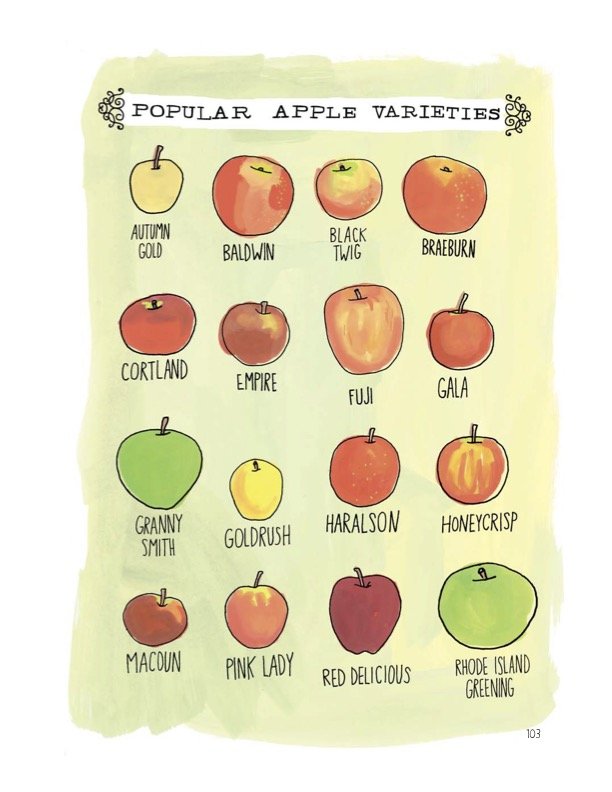Falling for Specific Vocabulary
Fall is almost here and with it, a natural opportunity for more specific language.
Young children are working to bring their world to order; at first unconsciously, and then with growing consciousness, they seek and identify patterns of relationship. They come to recognize that pumpkins start coming out in October, that they go apple picking in the fall. But how can you help them take that awareness to a more elevated level?
As human beings, we classify and categorize our world and use language to bring meaning and organization to all the impressions we take in each day. These words allow us to communicate thoughts and experiences with others, and our success is based on our accuracy. From the types of construction vehicle your child loves to dog breeds you see on a walk, the variety of shoes that we wear to the bread options at the bakery - we can use specific vocabulary to describe the world with greater precision. And young children have remarkably powerful minds that are able to absorb and retain these words through repeated use.
When your child is supported in labeling their world in greater specificity, they strengthen their intellect and memory.
Fall offers natural, seasonal opportunities that are rather irresistible - including types of apple and types of squash. These illustrations are from a book I recommend to many parents, Farm Anatomy, by Julia Rothman. But you can also identify the labeled names of fruits and vegetables at farmers’ markets, farm stands, and in the grocery. From carnival to Cinderella squash, and Mutsu to macoun apples, you will have countless opportunities to help your child connect with more precise language this autumn.
Maria Montessori identified that one of the most common mistakes parents make - and a significant one - is to go to the child’s level of language, repeating immature words or sentence structure, instead of using accurate adult language in an age-appropriate way.
We say, ‘do you want to pick up the gumpkin?’ Instead of helping a child say pumpkin. We ask if they want ‘psgetti squash’ instead of responding back with ‘spaghetti squash.’
Imagine being a visitor to a new place, with a different language that you are in the process of developing and practicing. You would depend on that language as a tool for communication and connection. And you would want someone to use accurate language with you - not repeat your lack of clarity back to you, while you are none the wiser.
So use specific words, and help your child say them accurately. As often as possible, words should be attached to lived experiences like that of selecting, preparing, and eating a ginger gold apple or a tasty kabocha squash. Your child needs those concrete experiences to develop true understanding.
Using precise vocabulary will help your child become increasingly conscious of detail in the world and grow their lexicon of known vocabulary.
You can read more about the importance of using specific language with your child here!

